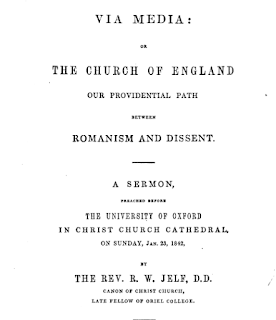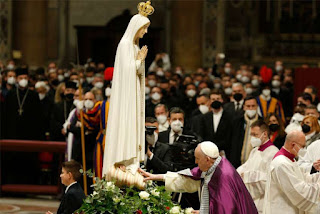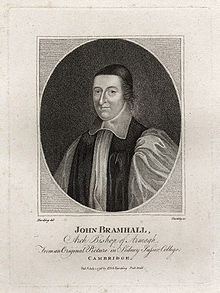"The chief bond of union": Casaubon and the eirenic, generous orthodoxy of King James I

In his Answer to Cardinal Perron (1612), Casaubon noted the call of James I for key reforms to the Roman liturgy: use of the vernacular; communion in both kinds: an end to private masses; no adoration of images or relics; and the removal of invocation of saints. Alongside this, James, as he had stated in his 1616 Premonition concerning the Bishop of Rome, would, if "the forme of the ancient Church be restored ... acknowledge his primacie". Such reforms, according to Casaubon, would be a basis for intercommunion between the Churches of Europe: For the communion of the faithfull consisteth much in the publike exercises of pietie: and this is the chiefe bond of union so much desired by good men. Wherefore if Christians could but agree about this, why might not all Europe communicate together? only, granting a libertie to schoole-Diuines with moderation to debate other opinions. Which were a thing much to be wished, and that foundation once laid, by the ...



